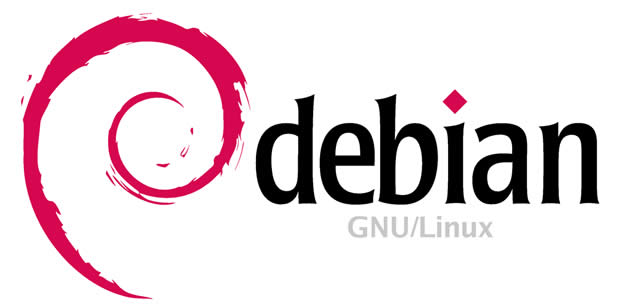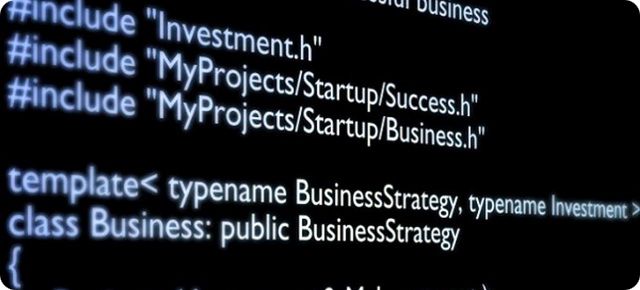If you believe what you read, "Internet addiction" is about to make us a nation of derelicts. Men drooling over online pornography, women abandoning their husbands for chat-room lovers and people losing their life savings on gambling Web sites are just a few of the stories peddled in today's press.
But despite the topic's prominence, published studies on Internet addiction are scarce. Most are surveys, marred by self-selecting samples and no control groups. The rest are theoretical papers that speculate on the philosophical aspects of Internet addiction but provide no data. Meanwhile, many psychologists even doubt that addiction is the right term to describe what happens to people when they spend too much time online.
"It seems misleading to characterize behaviors as 'addictions' on the basis that people say they do too much of them," says Sara Kiesler, PhD, a researcher at Carnegie Mellon University and co-author of one of the only controlled studies on Internet usage, published in the September 1998 American Psychologist. "No research has yet established that there is a disorder of Internet addiction that is separable from problems such as loneliness or problem gambling, or that a pa ssion for using the Internet is long-lasting."












